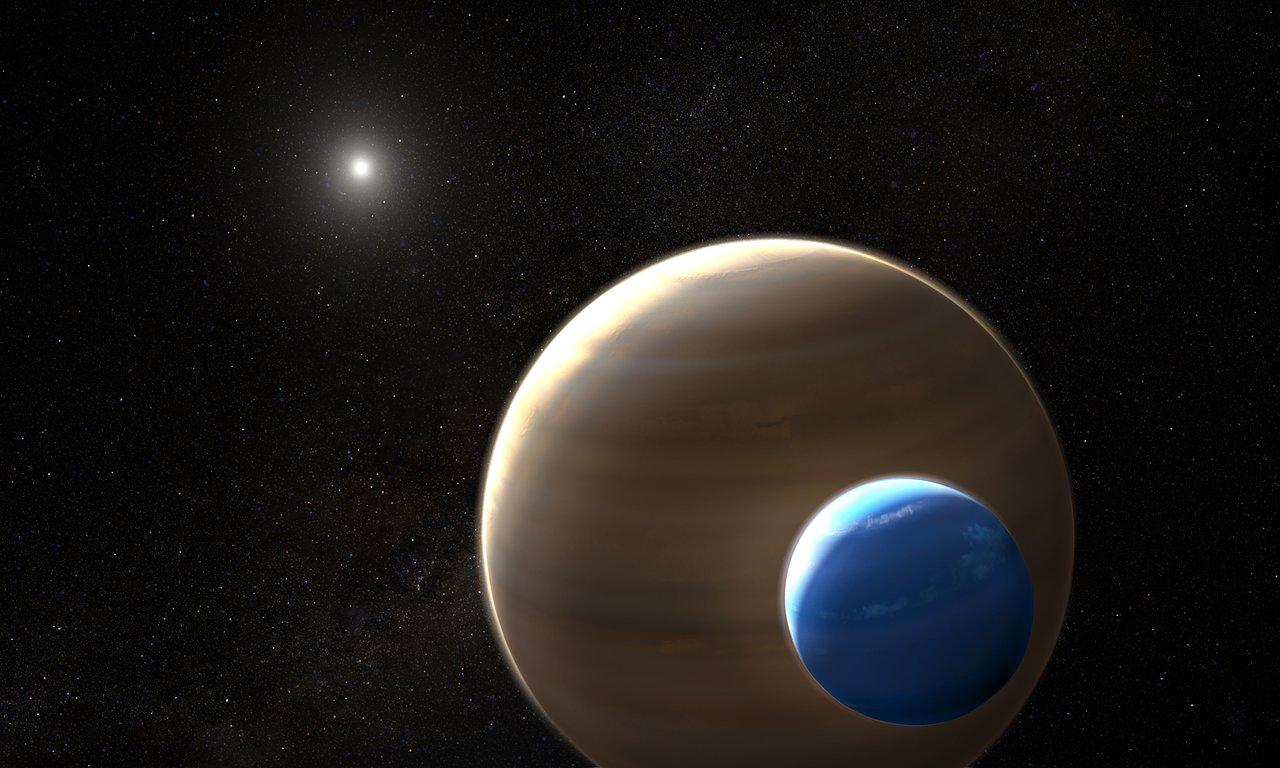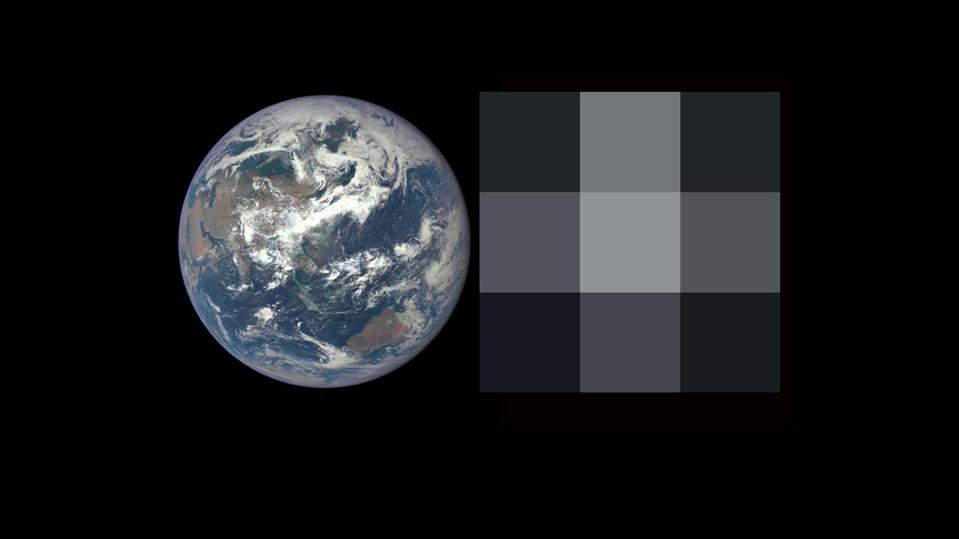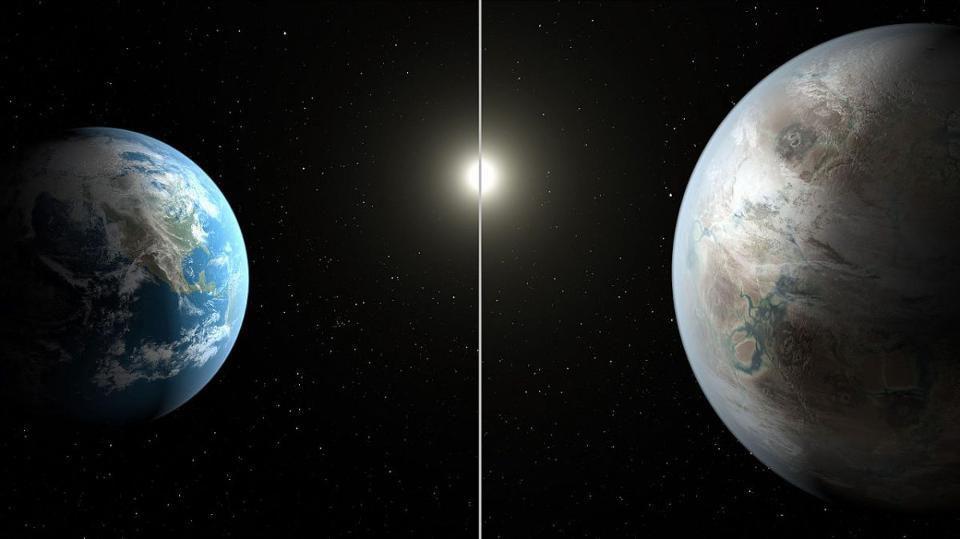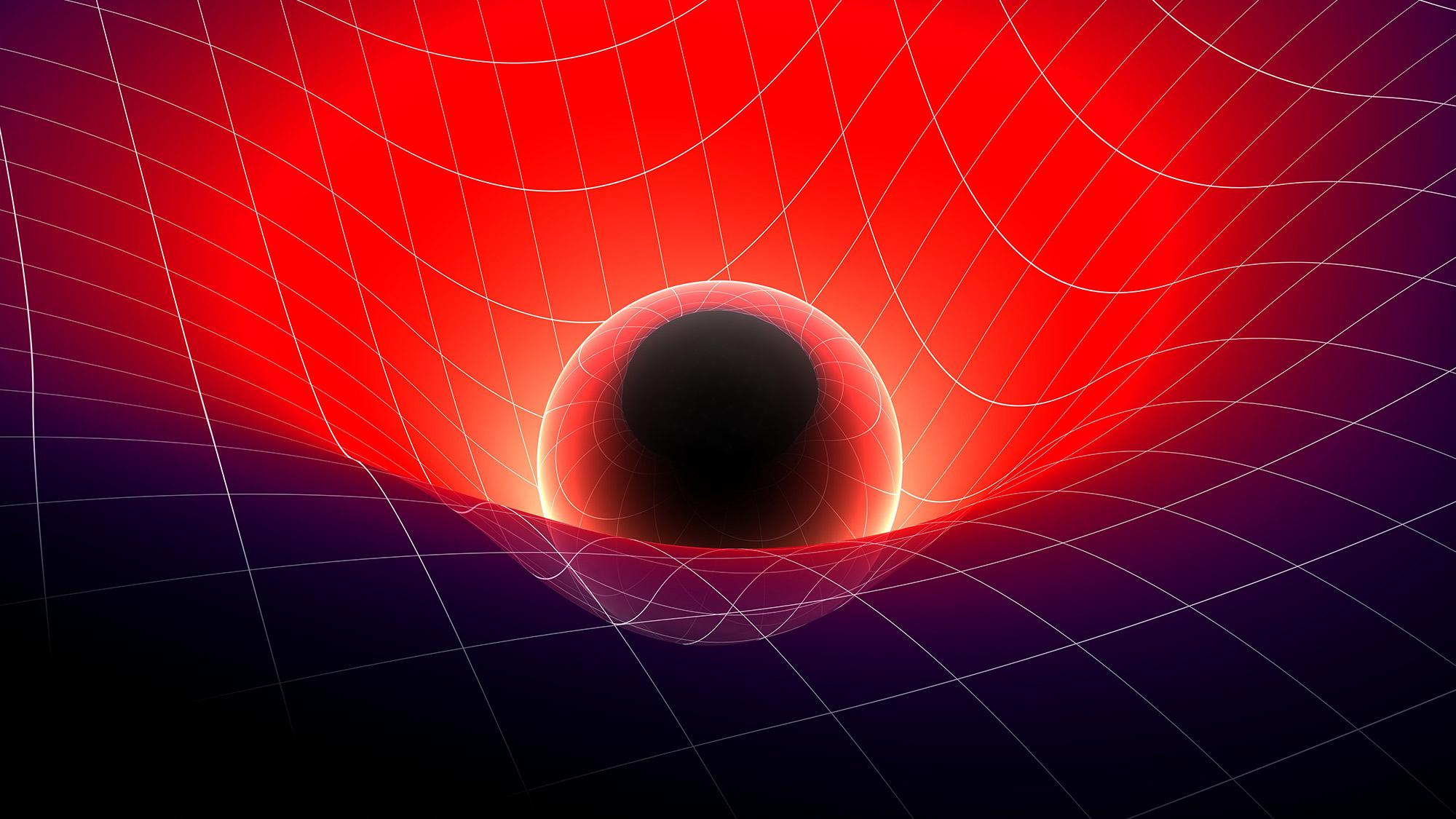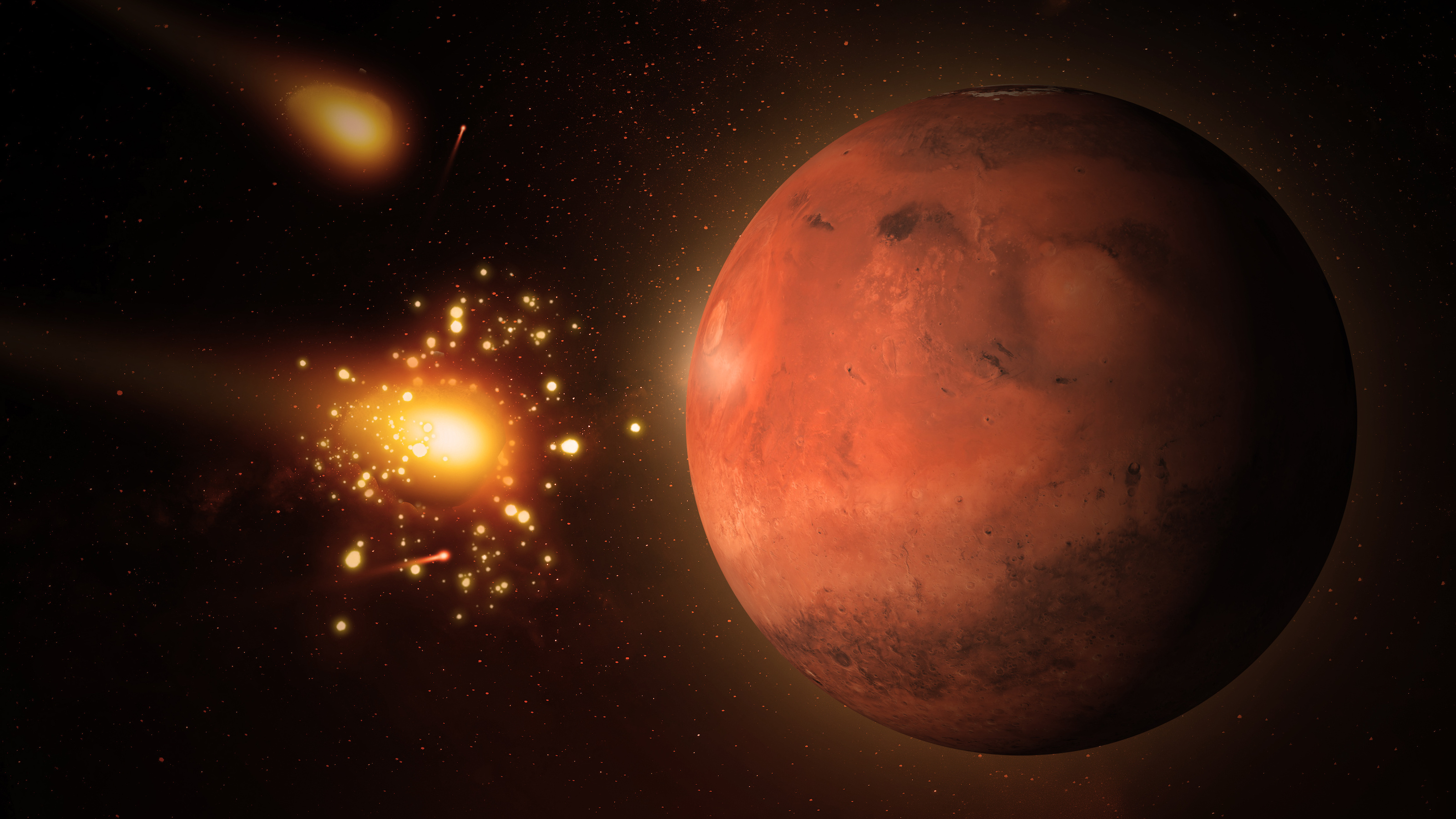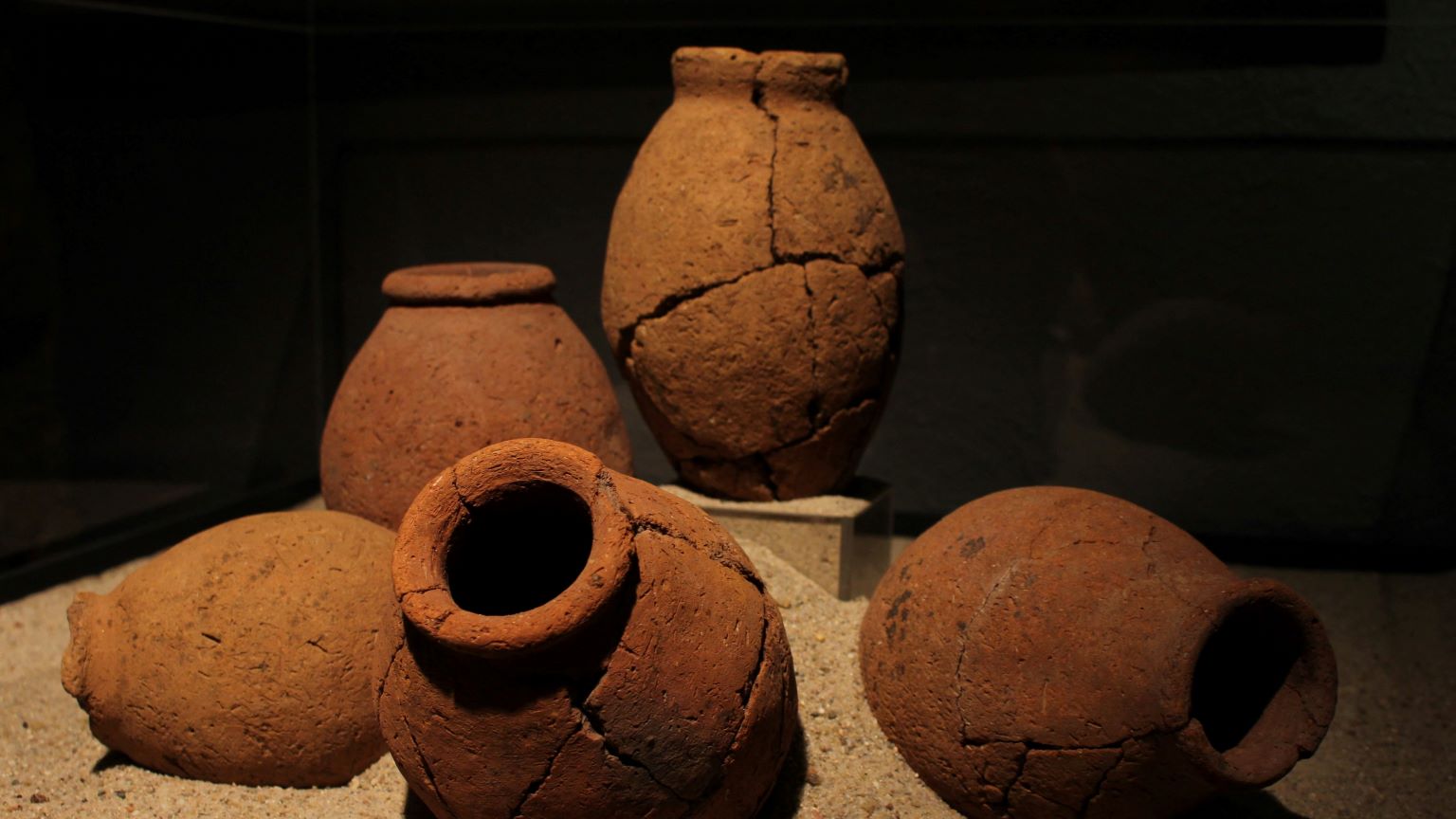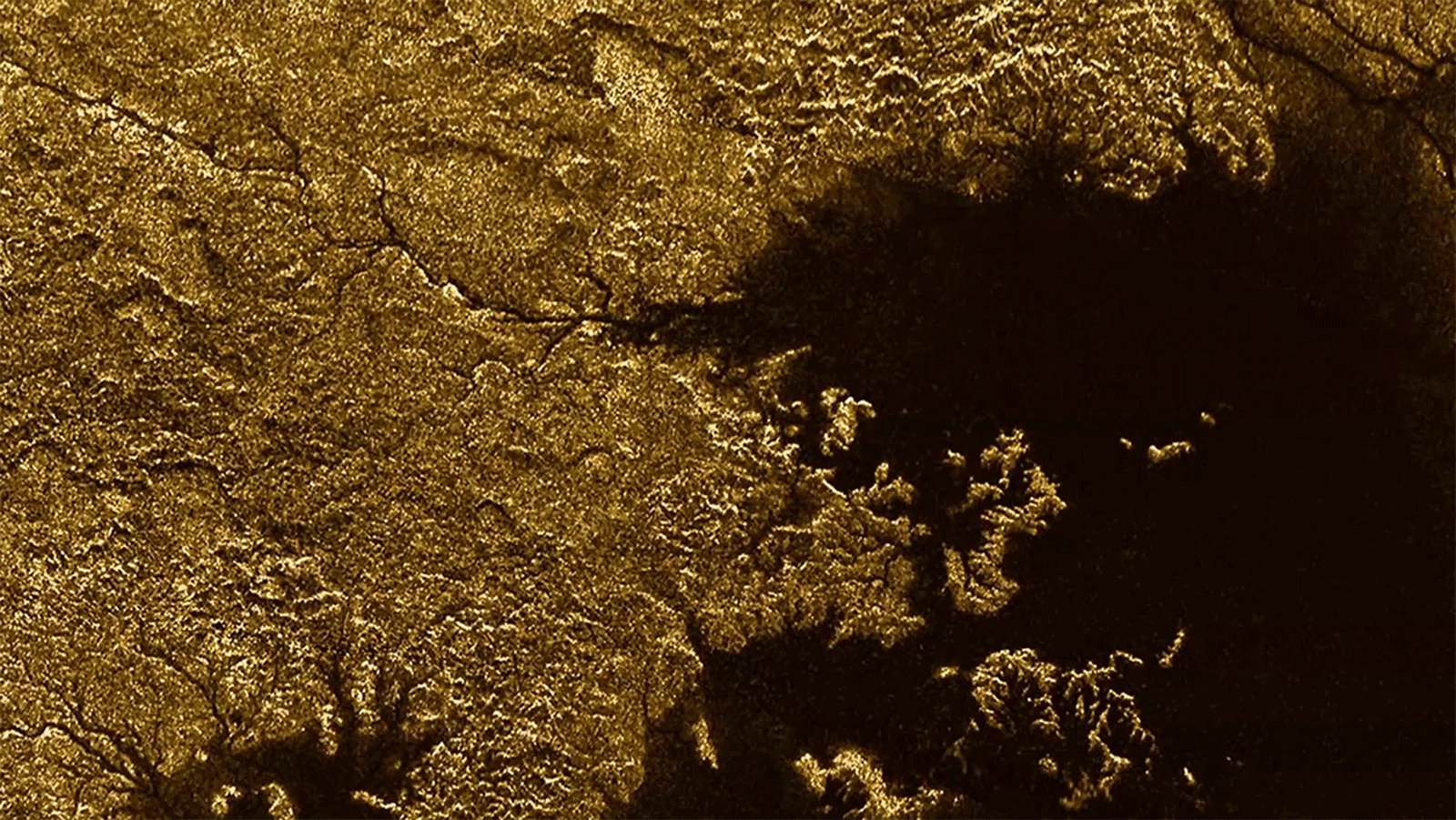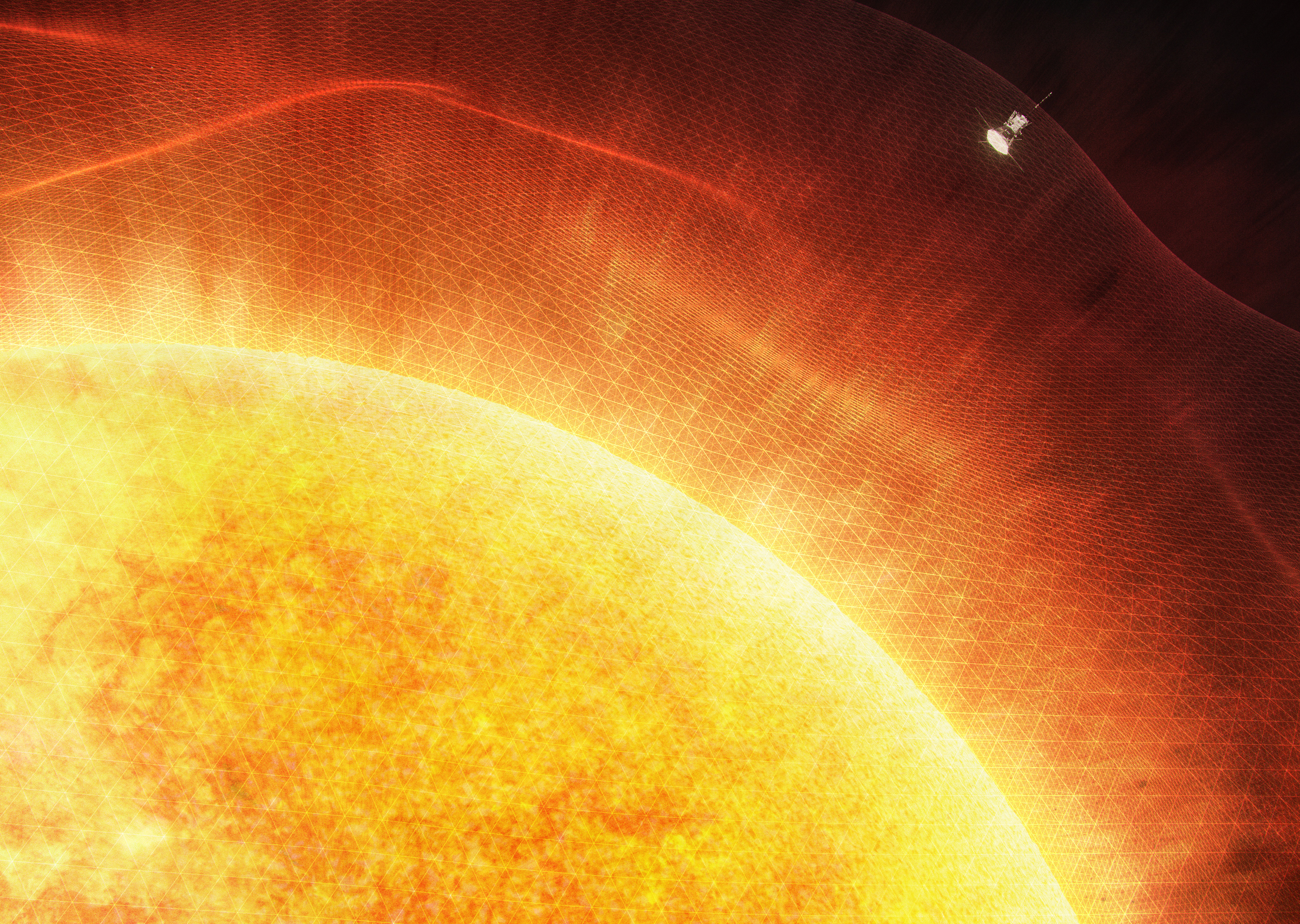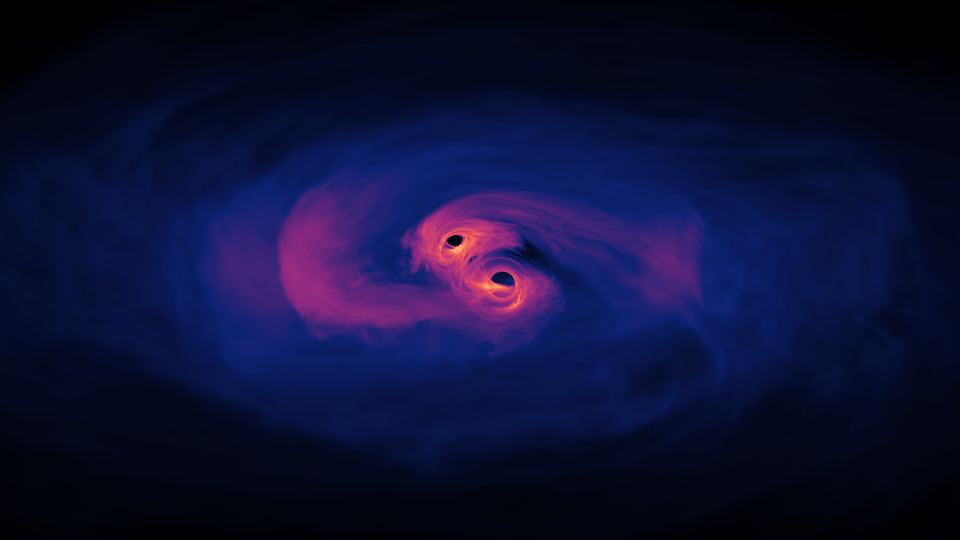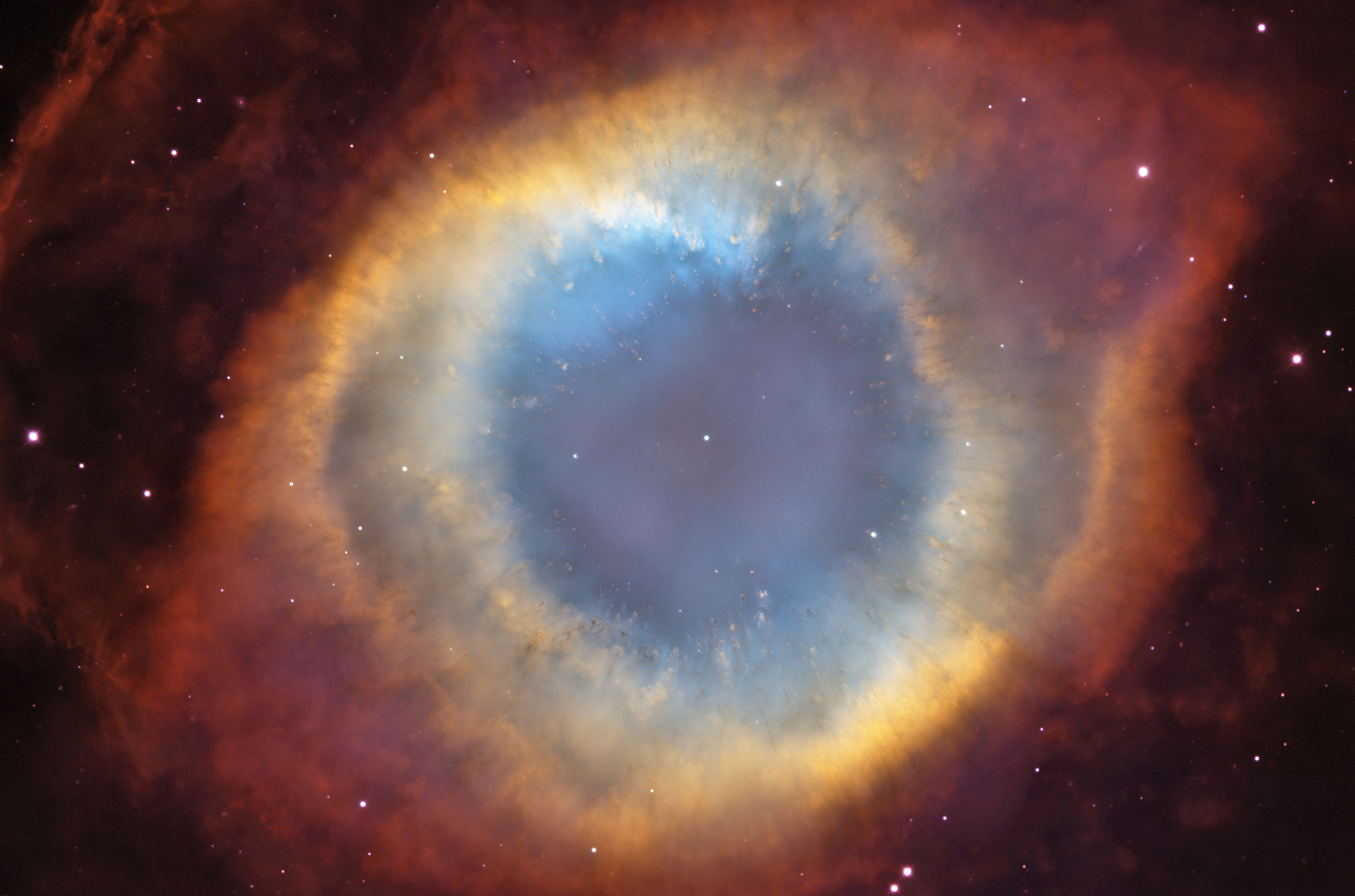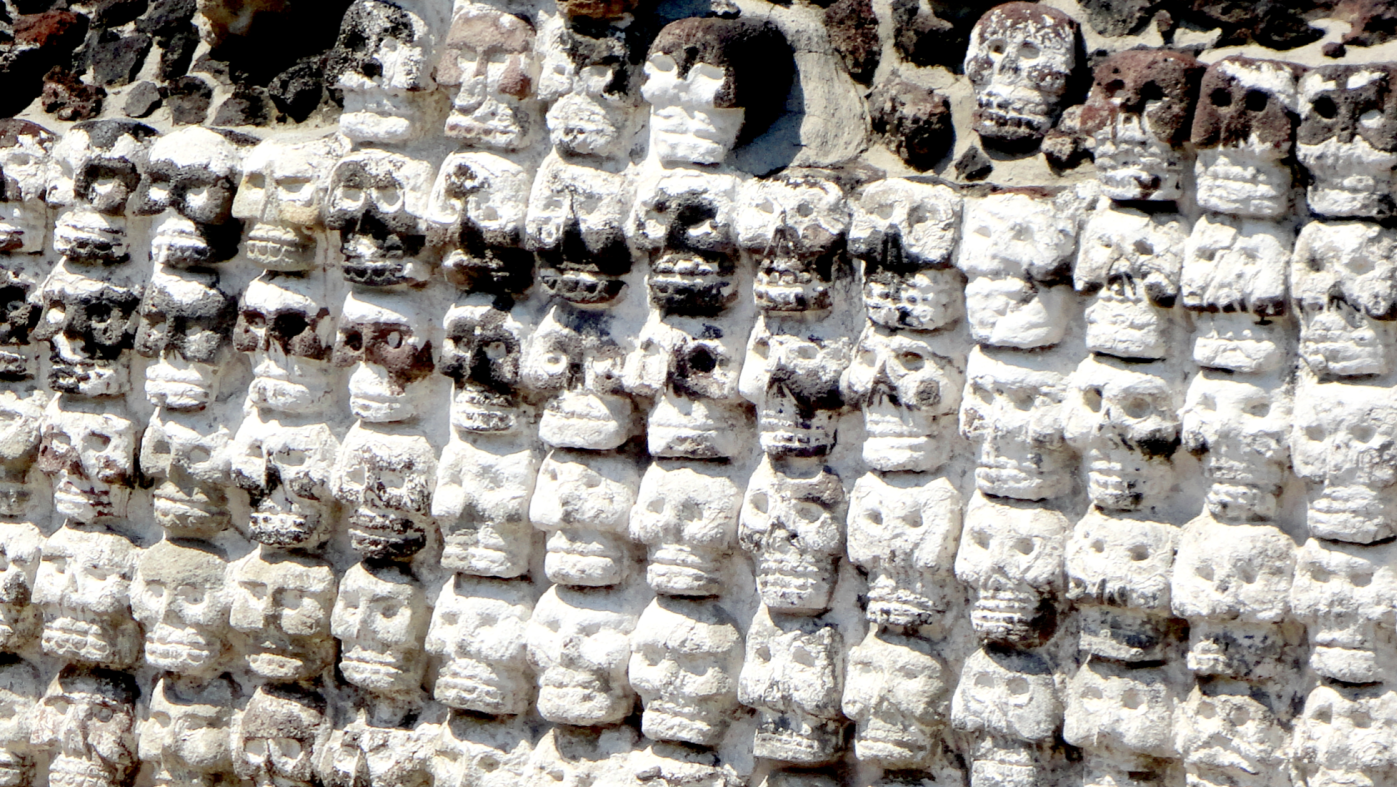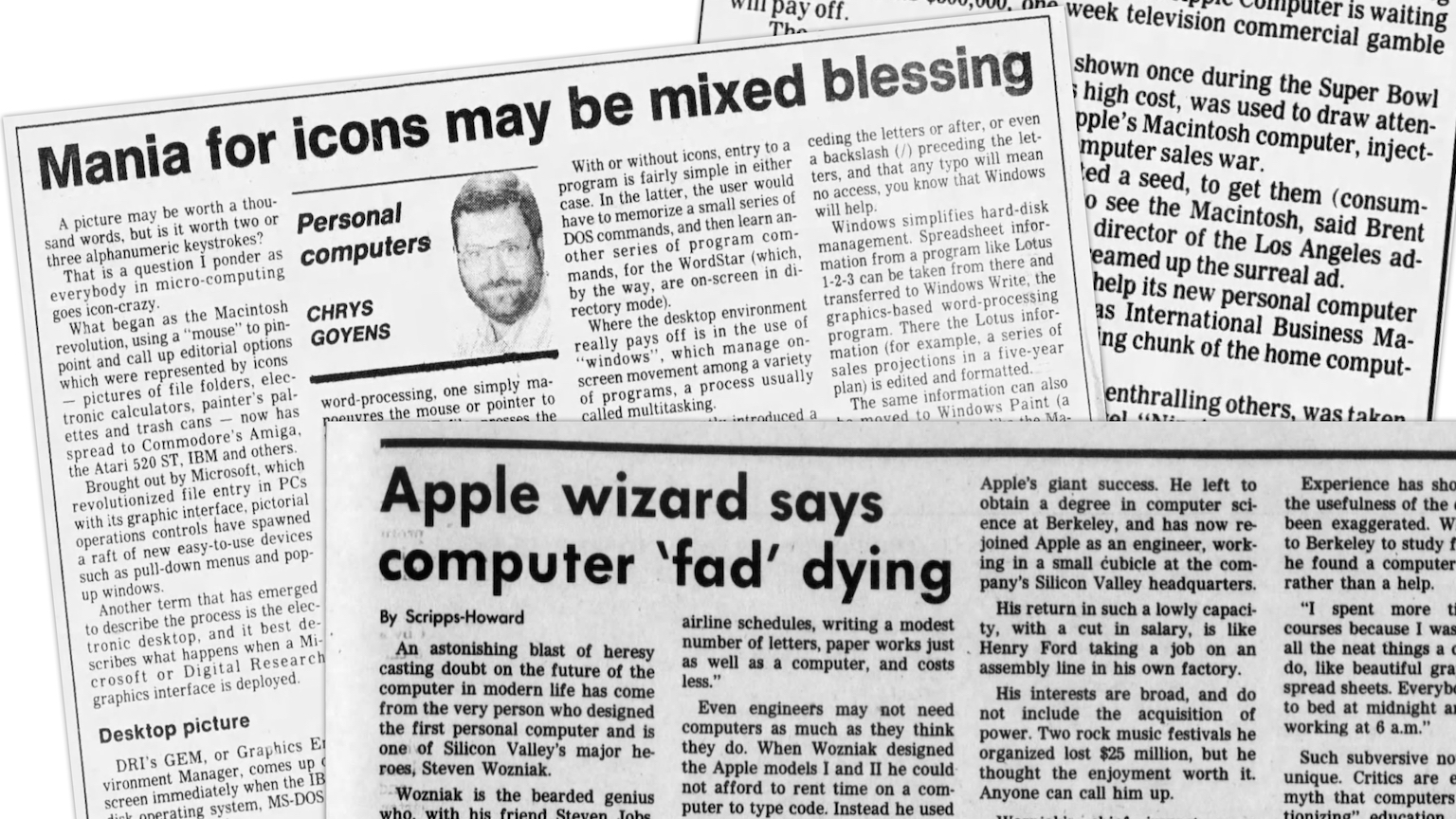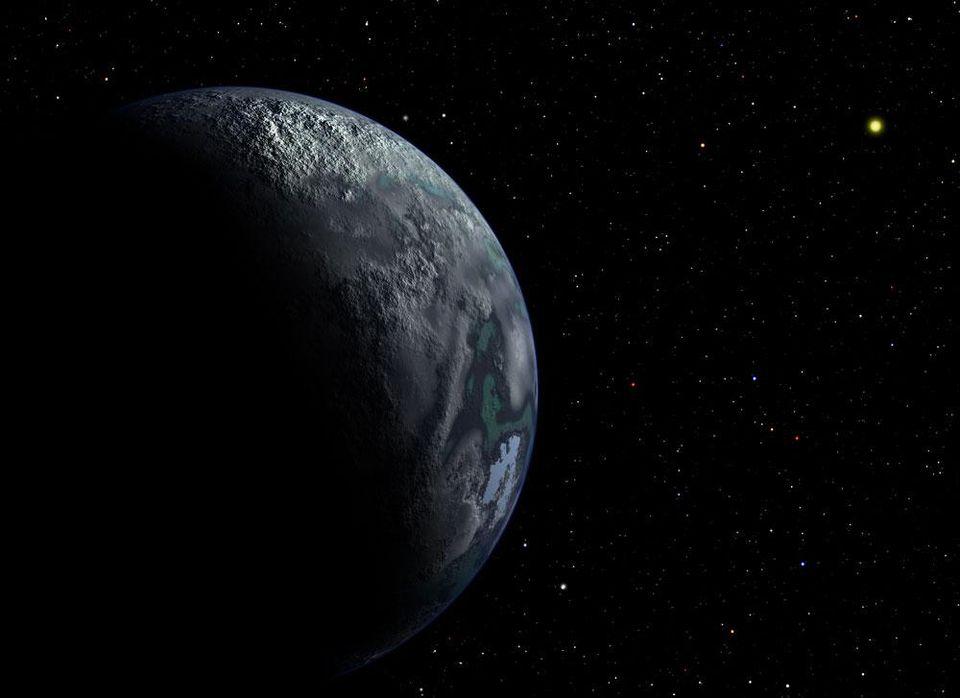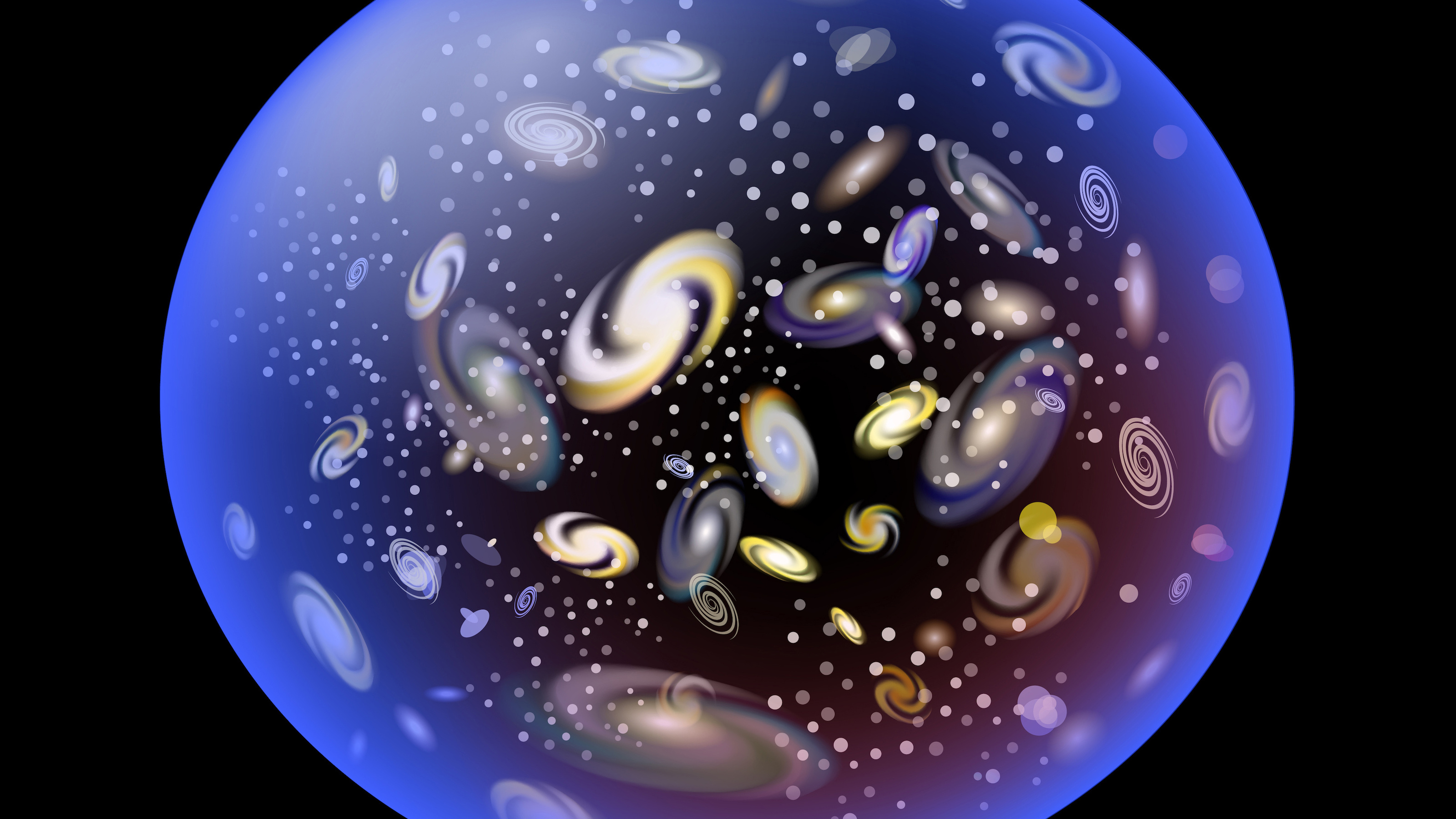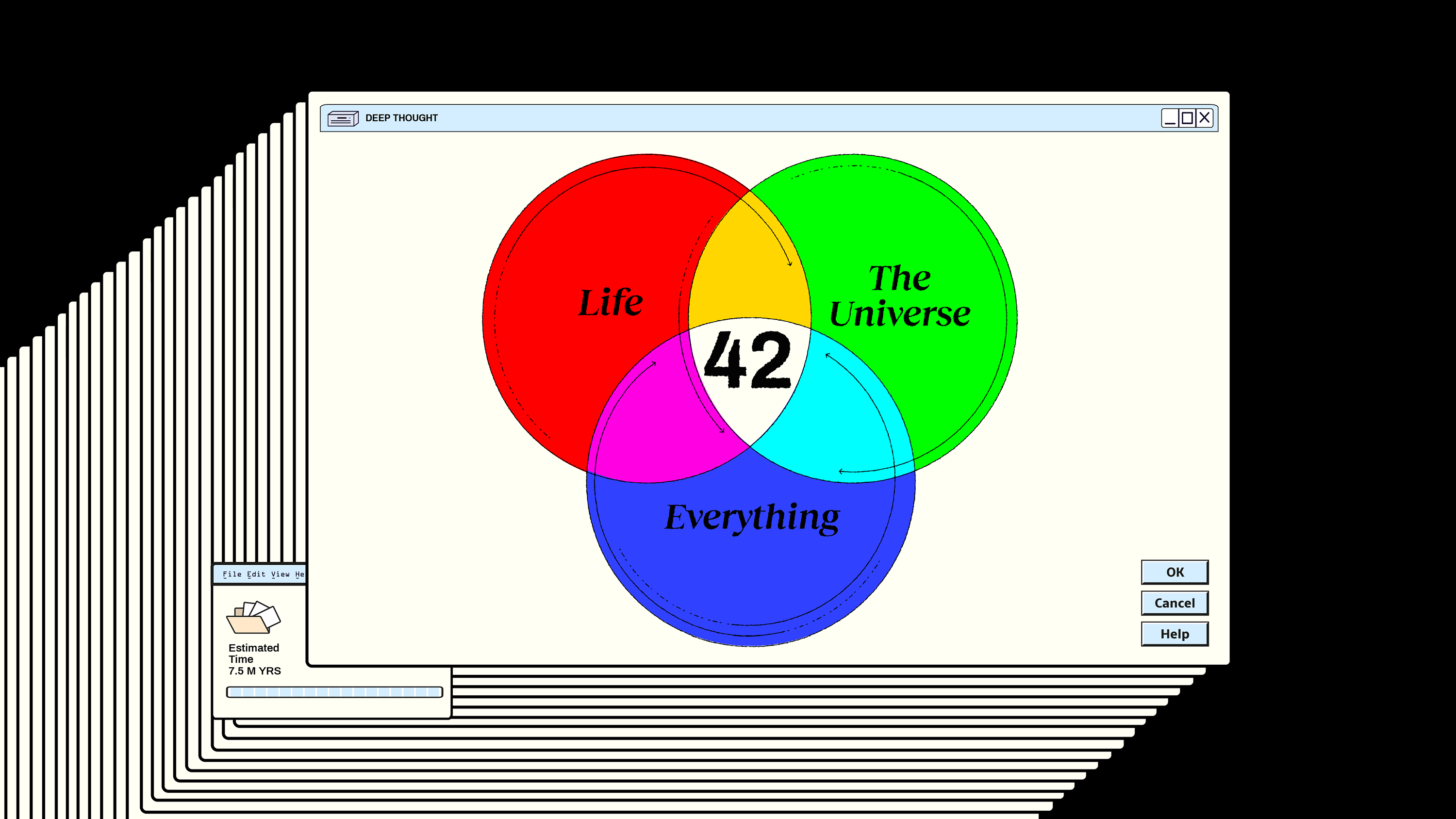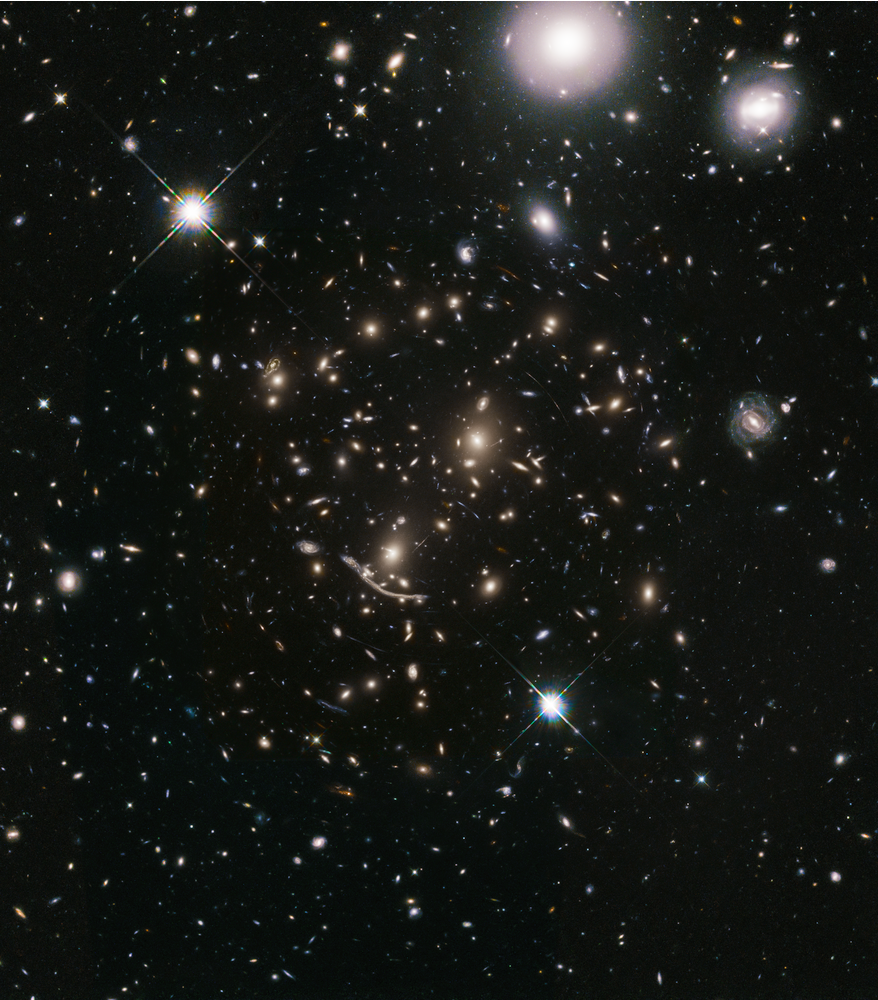Life finds a way — particularly if it has a moon.
Search Results
You searched for: Mercury
Back in 1990, we hadn’t discovered a single planet outside of our Solar System. Here are 10 facts that would’ve surprised every astronomer.
In terms of the planets we’ve discovered, super-Earths are by far the most common. What does that mean for the Universe?
Albert Einstein and his theory of general relativity continue to amaze us to this day.
Asteroid collisions aren’t always bad.
Many suspicious deaths of both humans and pets have been solved with the help of insects.
Can two planets stably share the same orbit? Conventional wisdom says no, but a look at Saturn’s moons might tell a different story.
We’re still using 800,000 gallons of embalming fluid a year, but burials are becoming far less common.
If dogs are out in coats and boots, how are the squirrels feeling?
The answer may lie in the particular way sand forms on Titan.
Get ready for the most peculiar road trip that will help you understand the vastness and emptiness of the solar system — and Sweden.
To clear Scotland’s roads in winter, the local traffic agency employs heavy machinery with punny names. Can you grit and bear it?
How can you “touch the Sun” if you’ve always been inside the solar corona, yet will never reach the Sun’s photosphere?
We only detected our very first gravitational wave in 2015. Over the next two decades, we’ll have thousands more.
In all of science, no figures have changed the world more than Einstein and Newton. Will anyone ever be as revolutionary again?
Unless you confront your theory with what’s actually out there in the Universe, you’re playing in the sandbox, not engaging in science.
From hellishly hot planets to water worlds, some distant planets are like nothing in our Solar System.
New mathematics have shown that lines of energy can be used to describe the universe.
Our Sun will continue to grow, becoming a red giant and then a planetary nebula. Here’s how large it will get.
In logic, ‘reductio ad absurdum’ shows how flawed arguments fall apart. Our absurd Universe, however, often defies our intuitive reasoning.
Creating an afterlife—or a simulation of one—would take vast amounts of energy. Some scientists think the best way to capture that energy is by building megastructures around stars.
Archaeologists turn to other scientific fields to fill in the picture of how victims lived and why they died.
Graphical user interfaces are how most of us interact with computers, from iPhones to laptops. But they were once condemned as making students lazy and destroying the art of writing.
The first stars took tens or even hundreds of millions of years to form, and then died in the cosmic blink of an eye. Here’s how.
Known as orphaned planets, rogue planets, or planets without parent stars, these “outliers” might be the most common planet of all.
When Einstein gave General Relativity to the world, he included an extraneous cosmological constant. How did his ‘biggest blunder’ occur?
Although we still don’t know the question, we know that the answer to life, the Universe, and everything is 42. Here are 5 possibilities.
Venus has far more carbon dioxide in its atmosphere than Earth, which turned our sister planet into an inferno. But how did it get there?
Ultraviolet LED lights could soon be used to help disinfect air and surfaces in buildings, planes, subways and other spaces.
It’s the origin of our entire observable Universe, but it’s still not the very beginning of everything.
